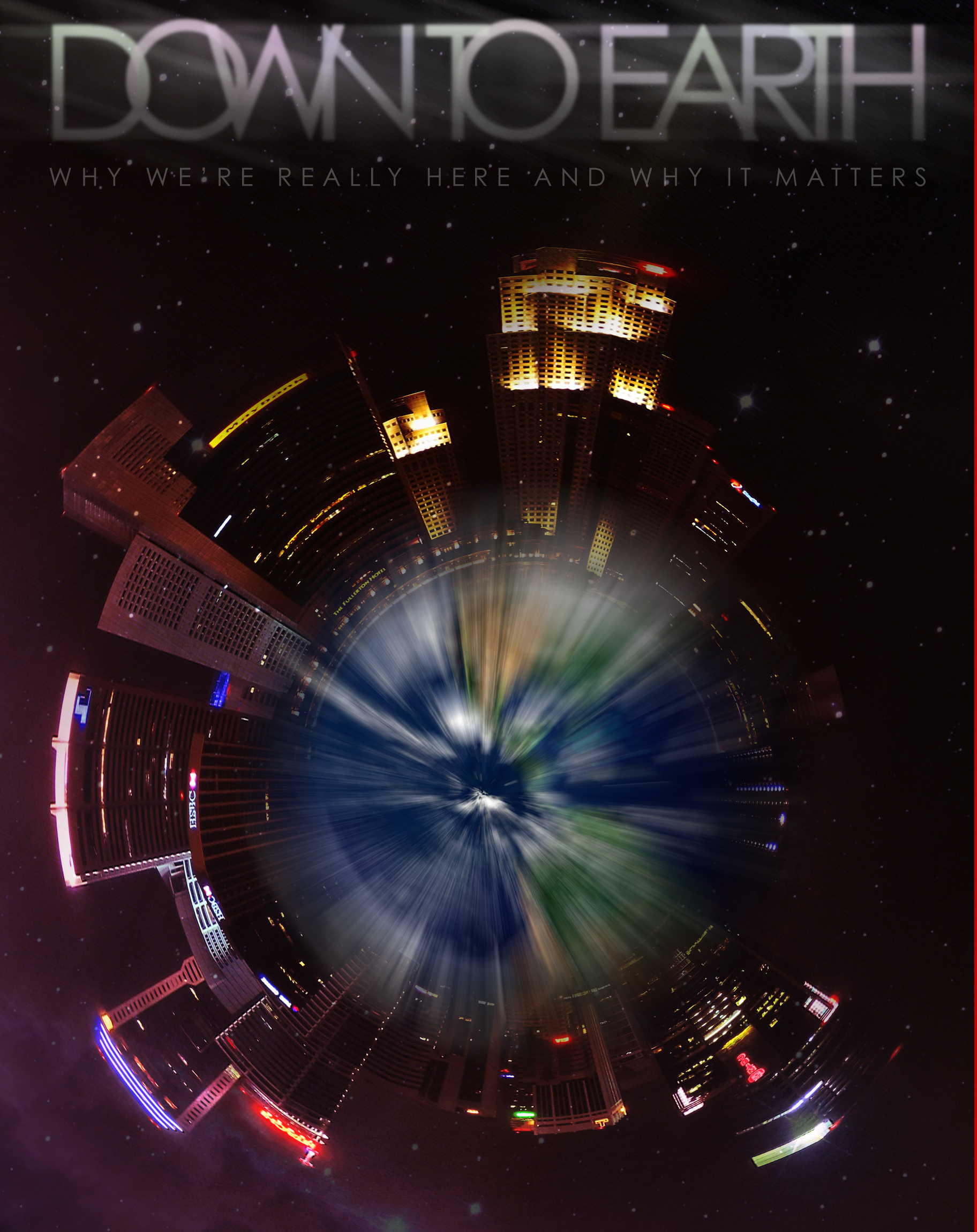For he hath made him to be sin for us, who knew no sin; that we might be made the righteousness of God in him.
2 Corinthians 5:21
I think almost everyone I know feels—or has often felt—worthless. We get this distinct impression, at times, like we don’t matter or we’re not good enough or that the world would be better off without our pervasive stupidity.
Immature Christians—as well as a host of well-wishers, New Agers, and soccer moms—try to convince us in those moments that we are not worthless. That we are, in fact, worthy of every good thing the universe should send our way.
They’re not right.
Angry Christians—those who love doctrine and dogma, theology and law— try to convince us that this worthlessness is God-given, a reminder that we are broken, fallen, foolish, and evil.
They’re not right either.
If somehow we could combine the warm heart of the first group with the difficult truth of the second, we might approach something resembling the truth. Because the truth is… you’re not worthy of love, of grace, of forgiveness.
Truth is… we’re not capable of consistent selflessness, compassion, brotherly love, and altruism.
Truth is… much of the guilt we feel, we’ve earned, and deep down we know it.
So we either try to bury what we know to be true because it hurts, or we let it consume us and become unable to experience real joy, real peace, or real happiness in this lifetime.
(This, by the way, is so far the single most depressing thing I’ve ever written. But it gets better.)
Though we are indeed fallen, broken, selfish creatures when left to our own devices, we were not meant to be that way. We can be different, not through our own efforts, but through a process of spiritual healing. We can live differently, wholly, in peace and love, when we allow Christ to penetrate our sin and infect us with himself.
By cooperating with Christ, by allowing God to work through us, by inviting the Holy Spirit to change our hearts and edit our attitudes, we can become the people we all know we should be.
We can become like God—not gods ourselves, mind you—but like God. We can each become the kind of person that Jesus was…without, of course, ever being equal to him.
We cannot totally break from the limits of our humanity. Yet Christ’s death and resurrection inaugurate something new within our lives that will ultimately unseat our former master, undo our bonds to our past ways of living and thinking, and unleash the full power of God’s grace to heal and to transform.
Allister McGrath
fossores
Dr. David McDonald is the teaching pastor at Westwinds Community Church in Jackson, MI. The church, widely considered among the most innovative in America, has been featured on CNN.com and in the Wall Street Journal, the New York Times, and Time Magazine.
David weaves deep theological truths with sharp social analysis and peculiar observations on pop culture. He lives in Jackson with his wife, Carmel, and their two kids. Follow him on twitter (@fossores) or online at fossores.com
Related posts
Categories
Category Cloud
Tag Cloud
Recent Posts
- Victors and Victims November 6, 2018
- 3 Hacks for Happiness October 29, 2018
- Hope Against Death September 20, 2018
- The Shape Of The Cross September 19, 2018


